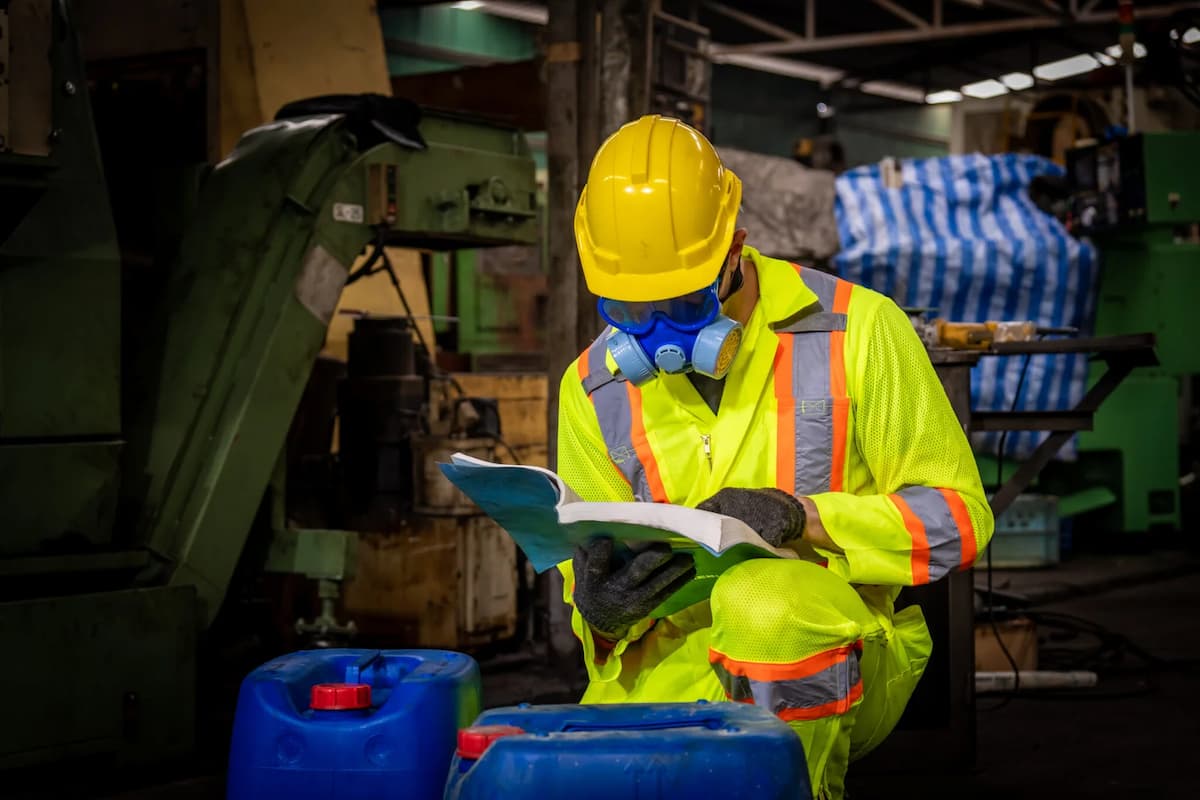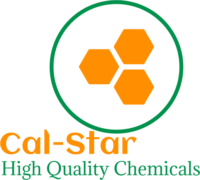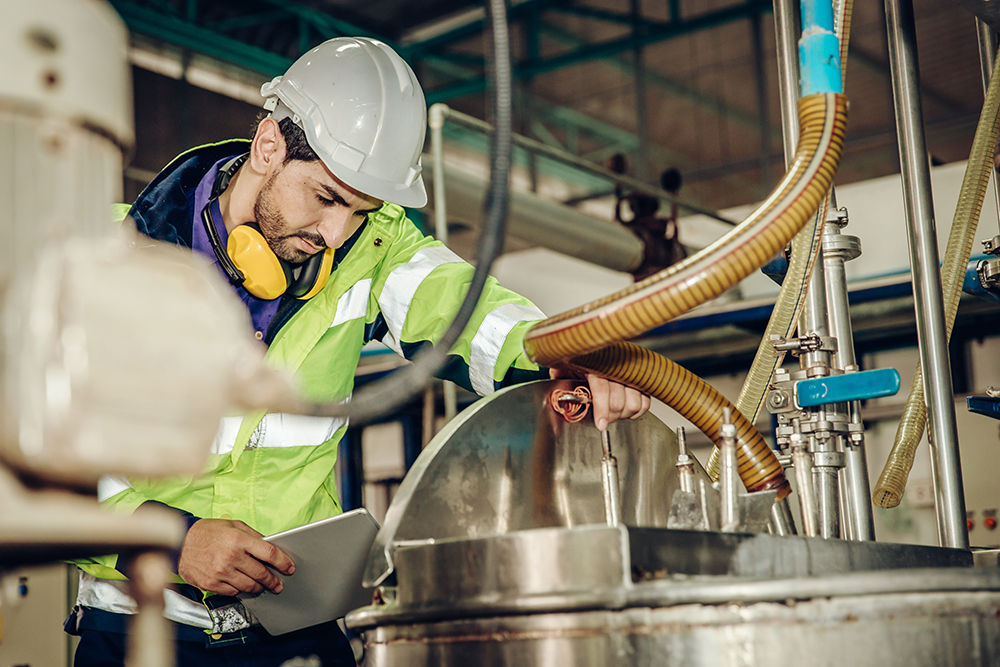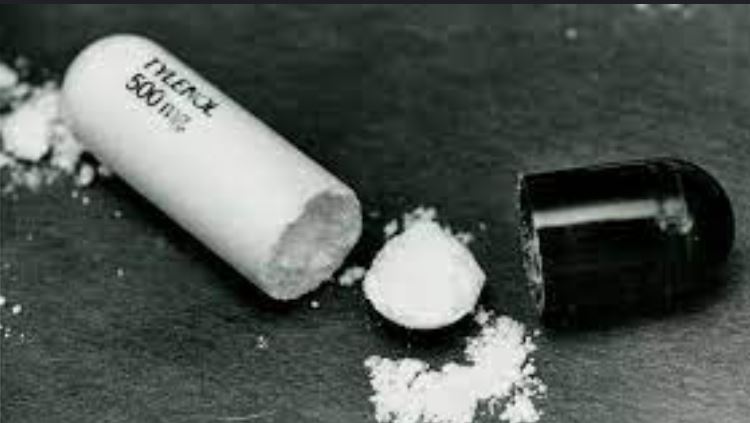Handling industrial chemicals requires careful attention to safety and proper procedures. Whether you work in manufacturing, construction, or any industry that deals with chemicals, knowing the best practices for handling industrial chemicals is crucial for protecting yourself, others, and the environment.
Understanding Industrial Chemicals
Industrial chemicals encompass a wide range of substances used in various processes and applications. These chemicals can include solvents, acids, bases, flammable liquids, and more. Understanding their properties and hazards is essential before handling them.

Handling Industrial Chemicals
Importance of Proper Handling
Proper handling of industrial chemicals prevents accidents, reduces exposure risks, and ensures compliance with safety regulations. It also extends to storage, transportation, and disposal practices to minimize environmental impact.
Best Practices for Safe Handling
1. Training and Education
Ensure all personnel handling chemicals receive adequate training on safety protocols, emergency procedures, and the specific hazards associated with each chemical.
2. Use of Personal Protective Equipment (PPE)
Wear appropriate PPE such as gloves, goggles, respirators, and protective clothing to minimize direct contact and inhalation of chemical vapours or splashes.
3. Storage Guidelines
Store chemicals in designated areas with proper ventilation and containment systems. Separate incompatible chemicals to prevent reactions and label containers.
4. Handling Procedures
Follow manufacturer instructions and standard operating procedures (SOPs) when handling, mixing, or transferring chemicals. Use appropriate tools and equipment for each task.
5. Spill Response and Emergency Preparedness
Have spill kits readily available and know how to use them. Establish emergency response procedures, including evacuation routes and contacts for medical assistance and hazardous materials cleanup.
6. Ventilation Systems
Ensure adequate ventilation in areas where chemicals are used or stored to reduce exposure to fumes or vapours. Use local exhaust ventilation systems as needed.
7. Chemical Compatibility
Understand chemical compatibility to avoid mixing substances that could react dangerously. Refer to compatibility charts or consult safety data sheets (SDS) for guidance.
8. Labeling and Identification
Clearly label all containers with the name of the chemical, hazards, handling precautions, and expiry dates if applicable. Replace damaged or illegible labels promptly.
9. Regular Inspections and Maintenance
Inspect storage areas, equipment, and PPE regularly for signs of damage or wear. Maintain equipment such as ventilation systems and spill containment materials.
10. Minimize Exposure
Handle chemicals in well-ventilated areas and minimize exposure time. Avoid eating, drinking, or smoking in areas where chemicals are present to prevent ingestion.
Environmental Considerations
11. Waste Management
Dispose of chemical waste according to local regulations and guidelines. Use designated waste containers and recycling programs where applicable to reduce environmental impact.
12. Pollution Prevention
Implement practices to prevent chemical spills, leaks, or emissions into the environment. Use secondary containment systems and leak detection devices as additional safeguards.
13. Sustainable Practices
Promote the use of safer, less hazardous chemicals and explore alternatives to minimize environmental impact while maintaining operational efficiency.
Training and Communication
14. Communication
Maintain clear communication among team members regarding chemical handling procedures, hazards, and emergency response plans.
15. Continuous Improvement
Encourage feedback from employees and stakeholders to identify areas for improvement in chemical handling practices and safety protocols.
Conclusion
In conclusion, adhering to best practices for handling industrial chemicals is paramount for workplace safety and environmental protection. By prioritizing training, using proper PPE, following handling procedures, and implementing environmental safeguards, industries can mitigate risks and ensure responsible chemical management.




